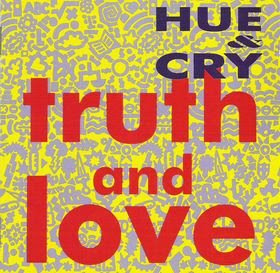

Petitioner was then arrested and indicted on federal drug charges. In the course of searching the home, the agents found cocaine and other incriminating evidence, but did not find Lyons. Pursuant to an arrest warrant for one Lyons, Drug Enforcement Administration agents entered petitioner's home to search for Lyons without first obtaining a search warrant. 204 CERTIORARI TO THE UNITED STATES COURT OF APPEALS FOR THE FIFTH CIRCUIT Syllabus REHNQUIST, J., filed a dissenting opinion, in which WHITE, J., joined, post, p. MARSHALL, J., delivered the opinion of the Court, in which BRENNAN, STEWART, BLACKMUN, POWELL, and STEVENS, JJ., joined. In any event, whatever practical problems there are in requiring a search warrant in cases such as this, they cannot outweigh the constitutional interest at stake in protecting the right of presumptively innocent people to be secure in their homes from unjustified forcible intrusions by the government. And in those situations in which a search warrant is necessary, the inconvenience incurred by the police is generally insignificant. Moreover, the exigent circumstances doctrine significantly limits the situations in which a search warrant is needed. An arrest warrant alone suffices to enter a suspect's own residence, and, if probable cause exists, no warrant is required to apprehend a suspected felon in a public place. (e) A search warrant requirement, under the circumstances of this case, will not significantly impede effective law enforcement efforts. Moreover, the history of the Fourth Amendment strongly suggests that its Framers would not have sanctioned the search in question. (b) Common law, contrary to the Government's assertion, does not furnish precedent for upholding the search in question, but rather sheds little light on the narrow issue presented of whether an arrest warrant, as opposed to a search warrant, is adequate to protect the Fourth Amendment interests of persons not named in the warrant when their home is searched without their consent and in the absence of exigentĬircumstances.

The search therefore violated the Fourth Amendment. Because the arrest warrant for Lyons addressed only the former interest, the search of petitioner's home was no more reasonable from petitioner's perspective than it would have been if conducted in the absence of any warrant.
#Was the hue and cry common law in us free
Two distinct interests were implicated by the search in this case - Lyons' interest in being free from an unreasonable seizure and petitioner's interest in being free from an unreasonable search of his home. (a) Absent exigent circumstances or consent, a home may not be searched without a warrant. The search in question violated the Fourth Amendment where it took place in the absence of consent or exigent circumstances. The Government is precluded from contending in this Court that petitioner lacked an expectation of privacy in his searched home sufficient to prevail on his Fourth Amendment claim where this argument was never raised in the courts below, but, rather, the Government had made contrary assertions in those courts, and acquiesced in their contrary findings. His pretrial motion to suppress all evidence uncovered during the search of his home on the ground that it was illegally obtained because the agents had failed to obtain a search warrant was denied by the District Court, and petitioner was convicted.



 0 kommentar(er)
0 kommentar(er)
